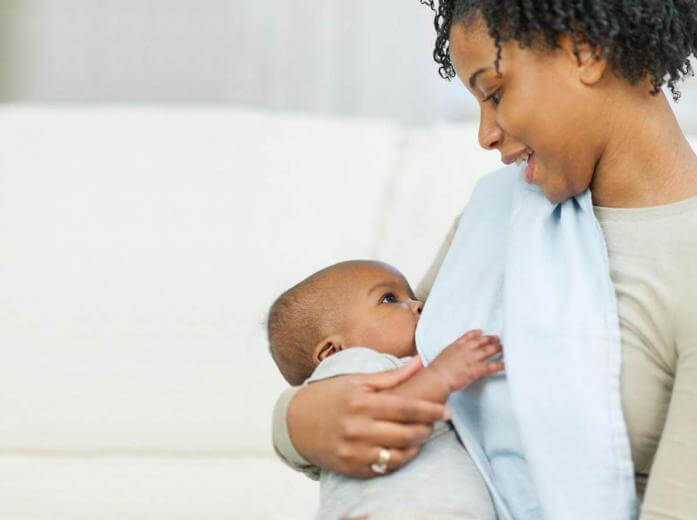Yesterday I had such an interesting meeting with some of my Cape Town based ‘Babies in mind’ practitioners. The topic of our discussion was weaning. We were so interested in the general attitudes in the articles and internet postings about weaning. All of us are trained psychologists, so we couldn’t help noticing that the general trend in most of the articles about weaning is that they are very simplistic, formulaic instructional pieces about ‘how to wean your baby off the breast in 5 easy steps’ or ‘when is it time to start solids?’ and so on. In contrast, the more psychologically informed academic articles talk about the weaning process (if not done under ideal circumstances) as being filled with loss, emotional pain and trauma for the baby, sometimes with lasting implications. But weaning is so much more than these two issues.
The general psychological theme behind weaning is separation between baby and mom. Weaning represents such an important part of the healthy, positive and essential process of the gradual disentanglement between you and your child. In the beginning – after birth – it’s as if you and your baby are merged together as one. Bit by bit, over the weeks, months and years, your child needs to navigate the path away from you towards her own independence. This process continues into adulthood, but the gradual separation between you and your child is intense and evocative in the first three or four years of her life. Moving from breast to bottle feeding, then from bottle feeding to a ‘sippy cup’, starting solids, sleeping alone, mom going back to work, and starting play school or creche are all examples of the broader weaning process. In all these examples, she is being ‘weaned’ off you. The ways in which you and your baby (and the baby’s dad or other family members) manage and respond to this process of separation is what makes weaning interesting and sometimes difficult.
For those moms who want to be very close to their babies – ‘facilitator’ moms or ‘attachment parenting’ followers, weaning is seen to be traumatic and the tendency is to delay it for as long as possible. On the other hand, for those moms in the opposite camp – the ‘regulator’ moms or those who subscribe to more strict, routine-bound approaches to parenting – weaning is a bit of a relief and it usually happens earlier and with more precision. So nobody can really tell you exactly when and how to wean your baby because there isn’t a right and a wrong. It depends on your circumstances, your partner’s perspective, your own wishes and your baby’s needs. The rules and formulas might be helpful for some moms because someone is making it simple and telling you what to do so you don’t have to work it out yourself. But you might have to make your own weaning rules and formulas.
As psychologists and ‘Babies in Mind’ practitioners, we don’t feel that weaning always has to be traumatic. Of course, sometimes it is hard and there are inevitable losses for a baby and a mom. Growing up and letting go of a blissful merger with another person is painful. But that blissful merger is highly destructive for a child if it continues for too long. Weaning is all about separation and developing independence. Along with varying amounts of sadness, fear and pain, that process is also extremely exciting and positive for a child. As long as it isn’t forced onto a child before she is ready, age-appropriate independence at every stage of development is filled with joy and delight. It’s what makes the world come alive.
Please share your thoughts, comments and experiences about weaning with us. Visit our website or contact one of our ‘Babies in Mind’ practitioners if you would like to make an appointment to discuss concerns about your baby or child. To download the new, revised edition of ‘Babies in Mind’ on your kindle, click here.

karen swart
Interesting. I am a mother of three. Weaning for all of them was different. The first I tried to wean at 9 months because it was said to me that it is an appropriate time, it was a struggle to wean her and traumatic. The other two I left until we got “sick” of eachother around 15 months. My oldest always suffered of anxiety but the other are more daring and self-confident. I recently revisited my memories of their baby processes and wondered if these essential early steps of development had a greater effect on their emotional development than I ever thought.